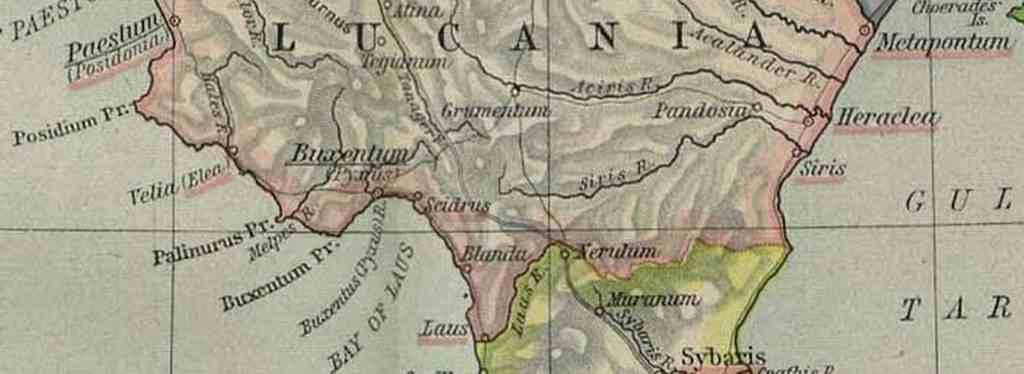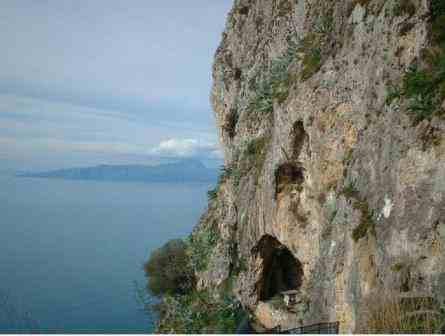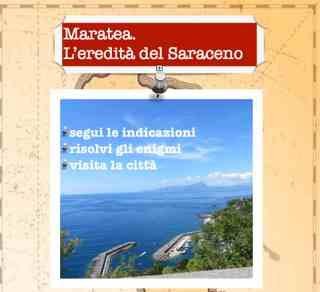MIDDLE AGES OF MARATEA
THE SARACENI PIRATES

After following the fate of the Western Roman Empire and being annexed to the Byzantine Empire, the populations of the coastal city of southern Italy were forced into the Middle Ages to abandon their old houses, threatened by barbarian raids and Saracen pirates, in favor of the peaks of the mountains, less hospitable places but much more defensible.
In the early Middle Ages the population present on the Marateota territory took refuge on the top of Mount S. Biagio, where the town was founded which took the name of "Marathia", a Greek-Byzantine word that indicates a place abundantly affected by the presence of wild fennel.
The town, naturally protected by the rocky mountain spurs, was further fortified with the erection of walls and towers, of which only a few ruins are visible today.
There are two doors to access the town: Porta S. Maria, located on the southern side, and Porta dei Carpini, on the opposite side.
CHRISTIANITY
Then the churches of S. Basilio (near the grotto), of S. Maria (near the homonymous gate) and of the Madonna delle Grazie, obtained from the adaptation to the Christian cult of the ancient temple of Minerva were built.
This church then became the sanctuary of the patron saint when, according to an ancient legend handed down from father to son, the relics of St. Biagio di Sebaste arrived in Maratea transported by a crew of Armenian Christians.
In the Paleo-Christian period Maratea was involved in the phenomenon of Italian-Greek monasticism, often mistakenly called "Basilian", which prompted Christians to devote themselves, for short or long periods, to hermit life in caves or cenobi: dating back to this period of the cave of the Eremite (near Acquafredda), of the cave of Zu Janco (near Marina) and of the ancient hermitages scattered in the territory, of which some specimens survive.
THE CASTLES
In 1079 a document of the bishop of Salerno Alfano, includes in the diocese of Policastro the towns of Marathia and Castrocuccu, the latter to be identified not in the current village but in the village built around the majestic castle of the same name.
If the ancient Castrocucco was repeatedly subjected to a feudal lord, it was not so for Maratea, which already in 1278 was listed in the castles and state fortresses of Basilicata, and over the centuries was covered with numerous privileges by the sovereigns Neapolitans.
In 1284 Maratea was involved in the War of Vespers, fought by the French and the Spanish for the conquest of the Kingdom of Naples.
After the fall of Policastro and Scalea in the hands of the enemies, Maratea suffered violent attacks for many months, but never surrendered the square to the invaders.
In 1440 Maratea was attacked by the count of the nearby city of Lauria, but the enemies were severely defeated, so as to be forced to repay the marauders of the damage caused.
In 1495 it suffered a new siege, this time by the soldiers of King Charles VIII of Anjou, but a miracle of St. Biagio, who tells himself to slap the sentinels asleep, saved the people of the city from raids and looting on Mount S. Biagio
CONTINUES IN: '500 AND' 600 IN MARATEA
CACCIA AL TESORO
Un nuovo e divertente modo di esplorare la città
UN' AVVINCENTE CACCIA AL TESORO
che unisce nel divertimento tutta la famiglia





